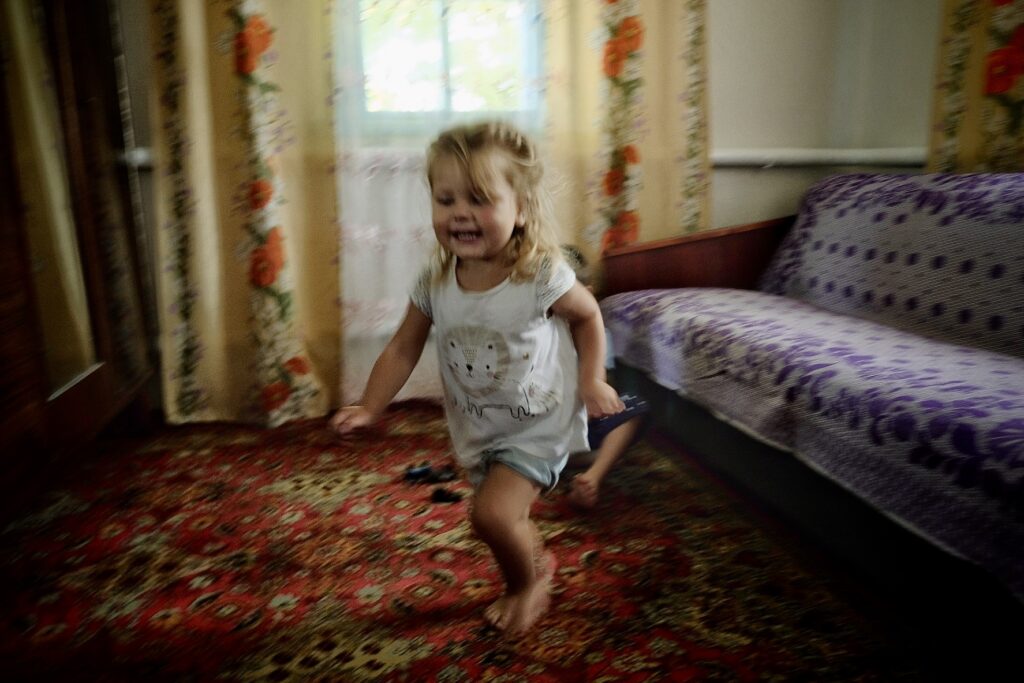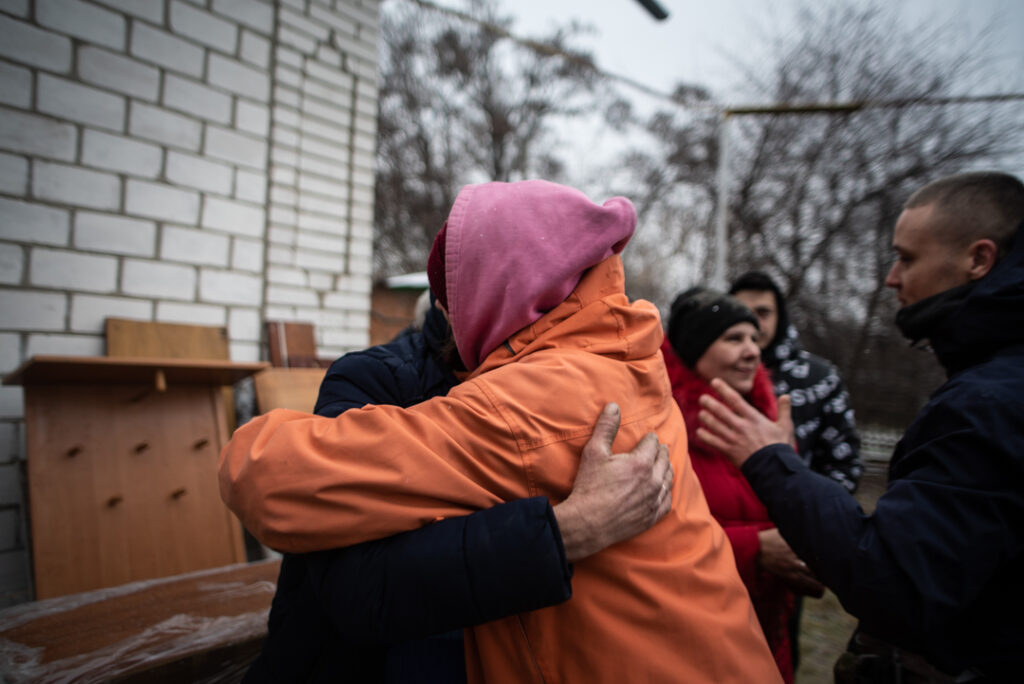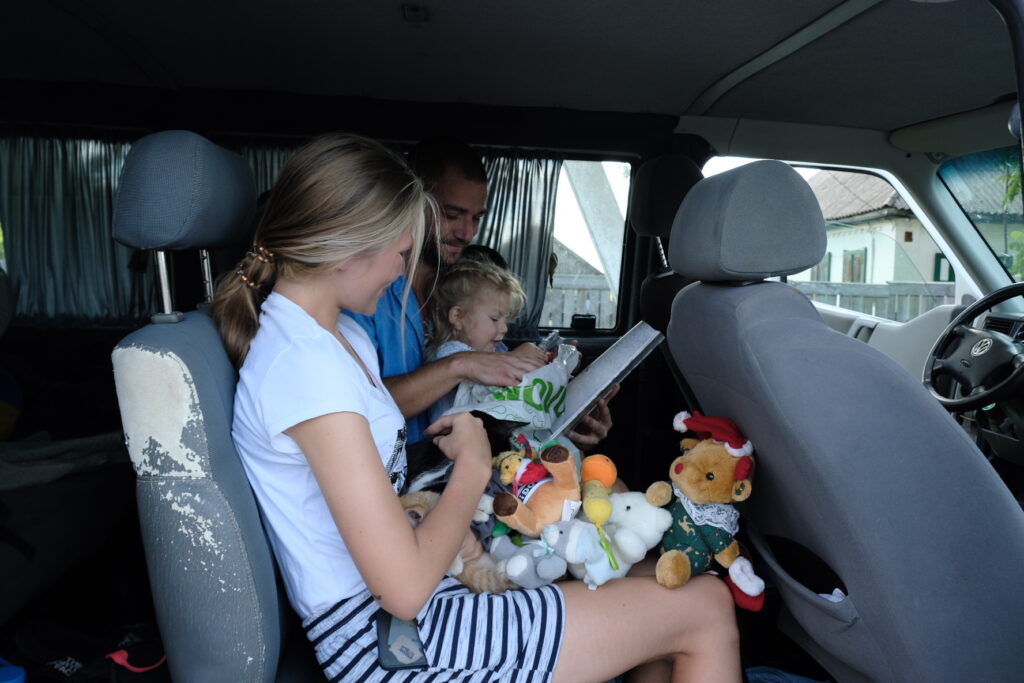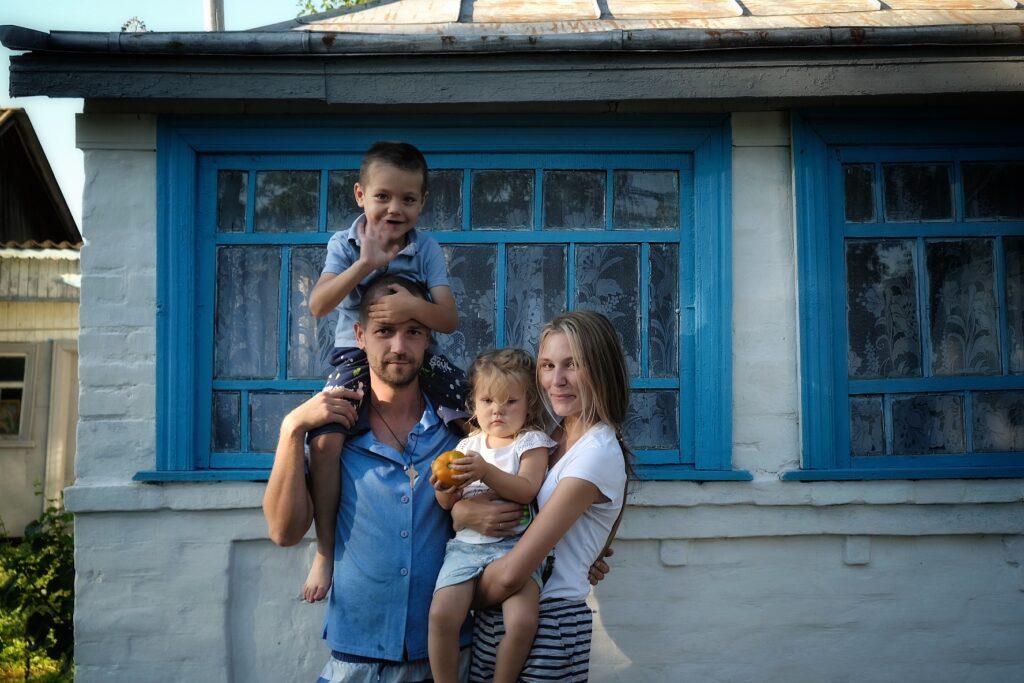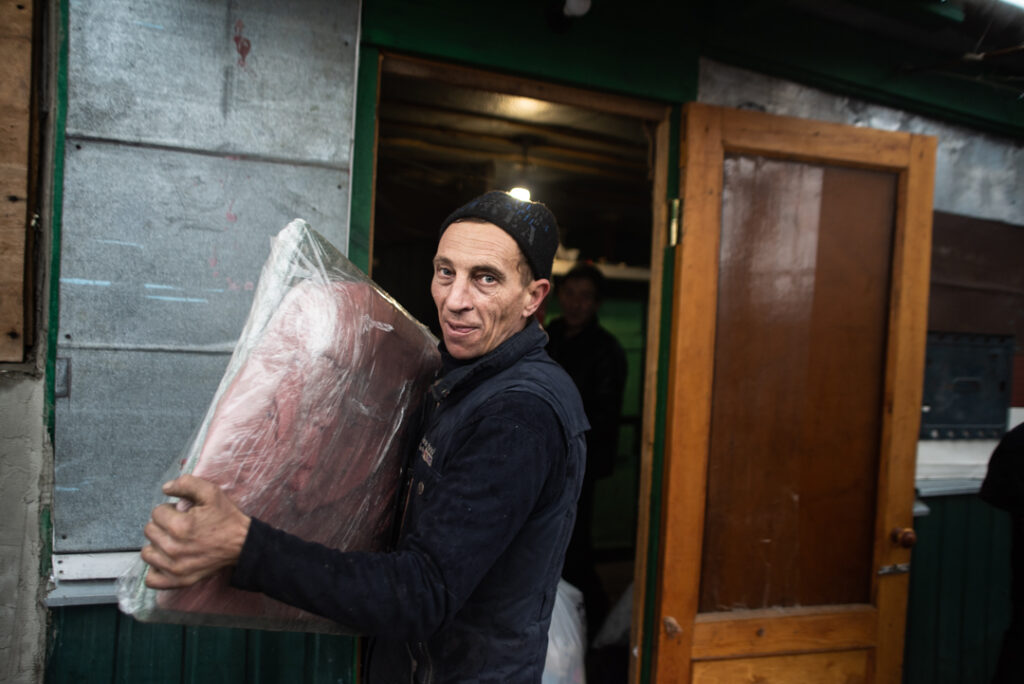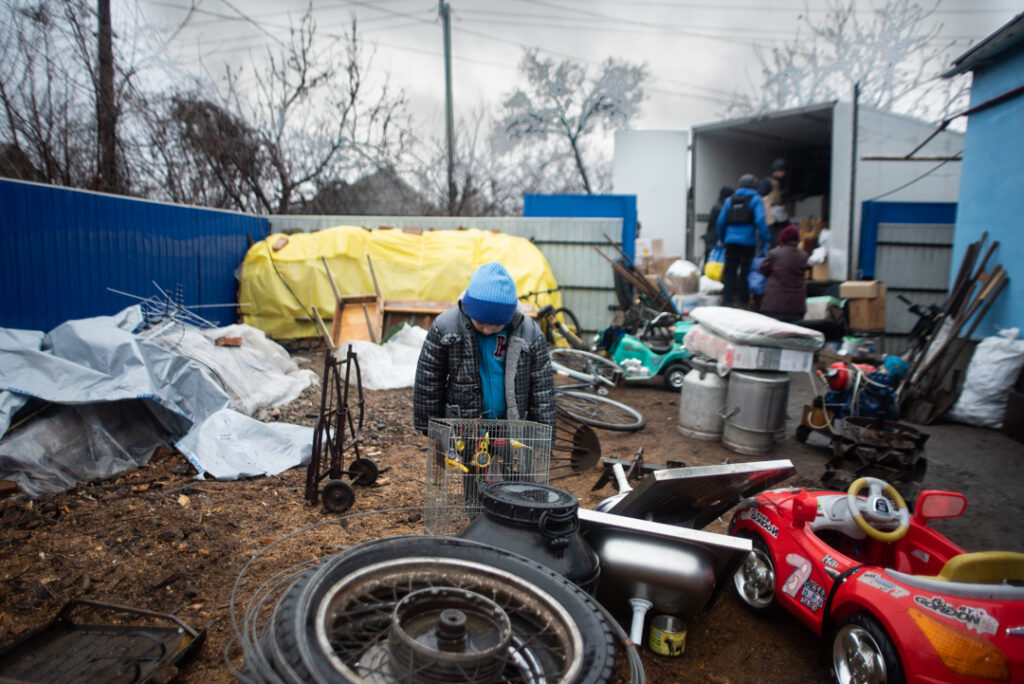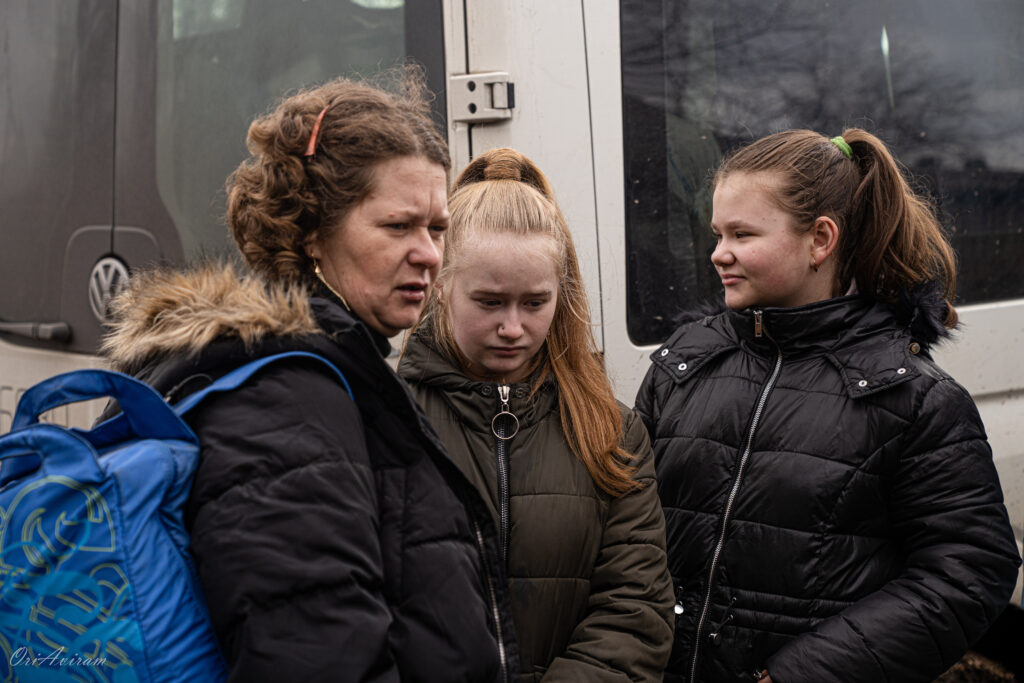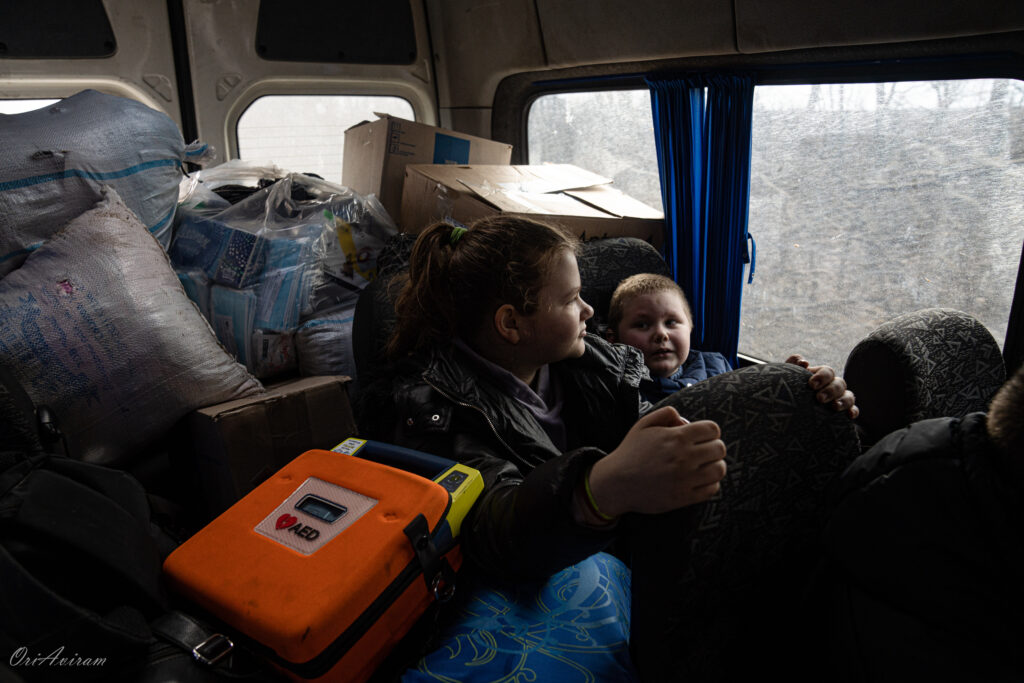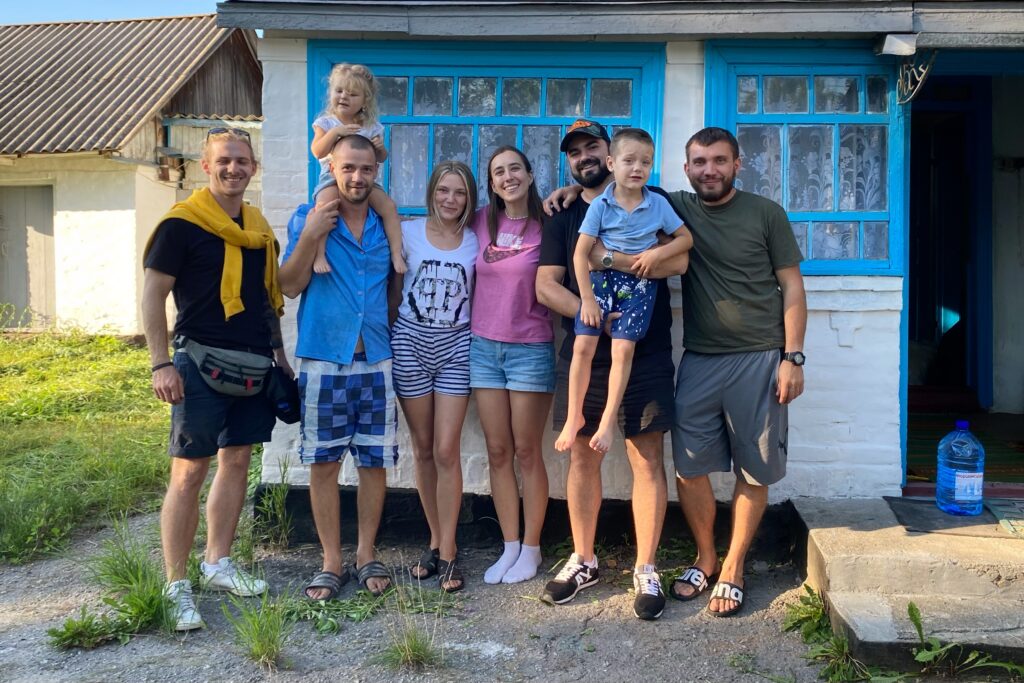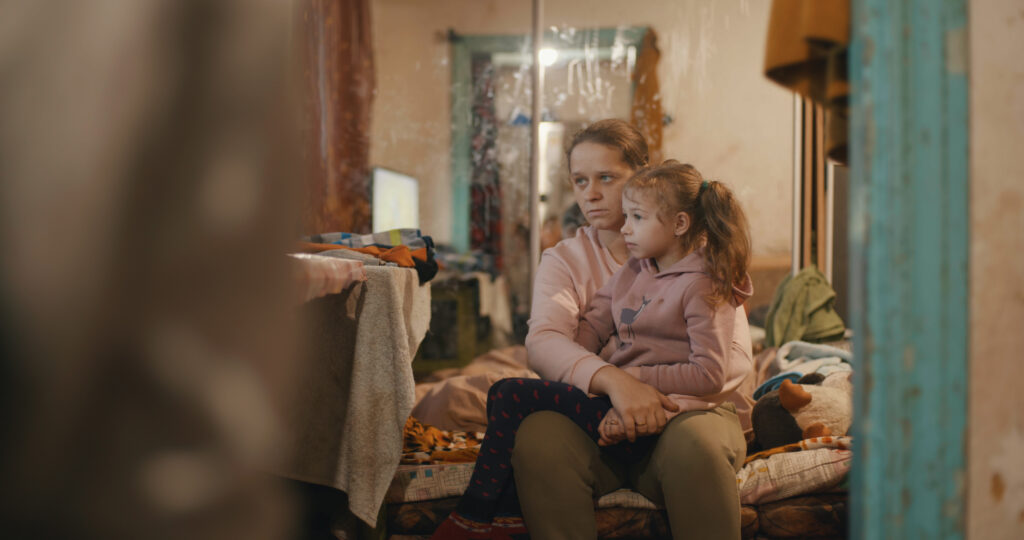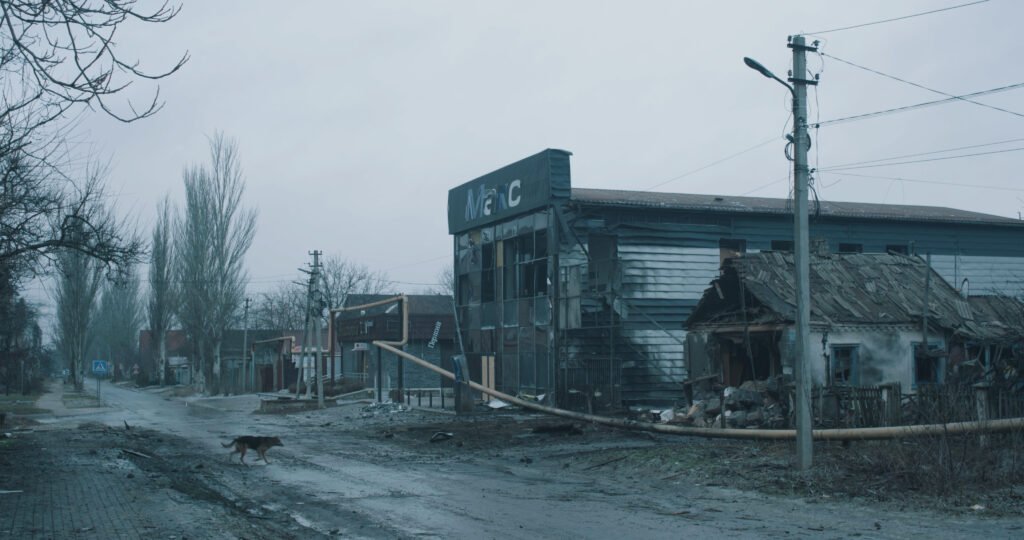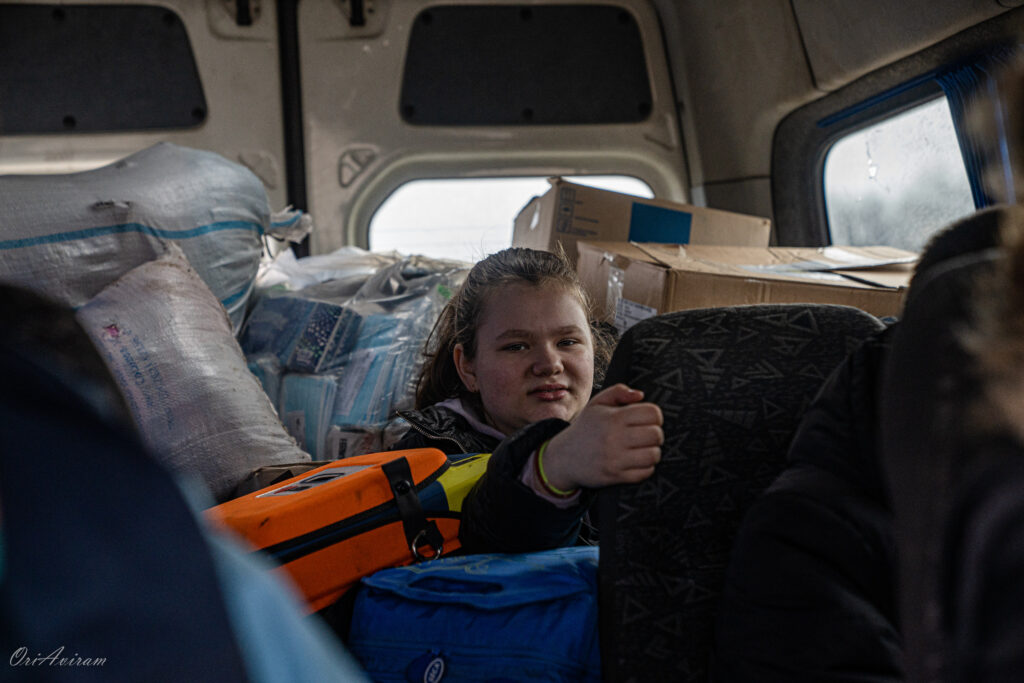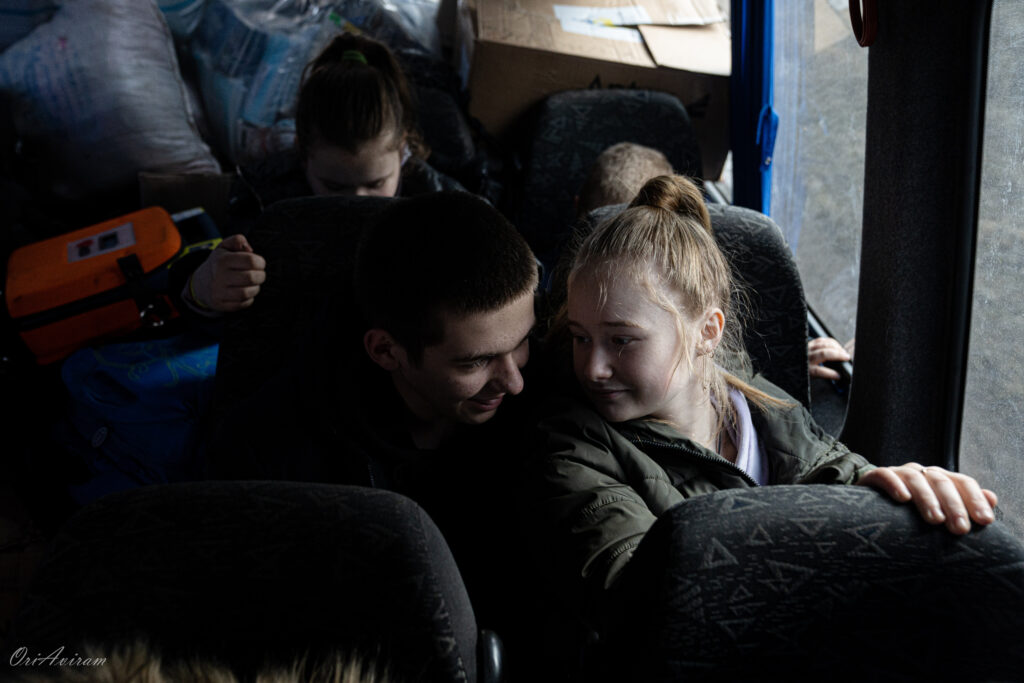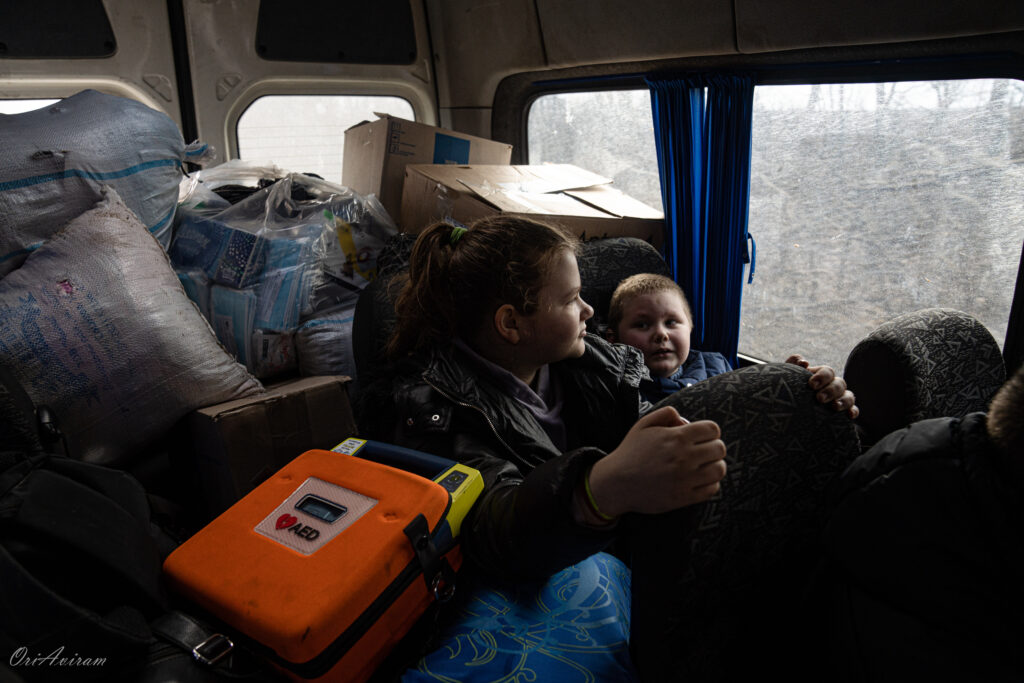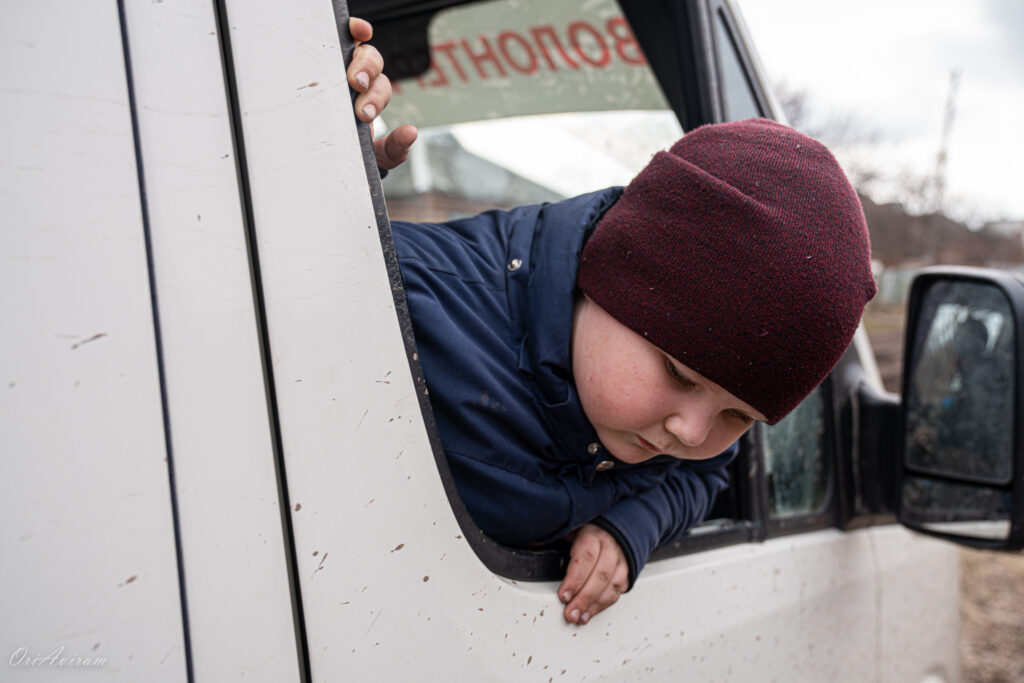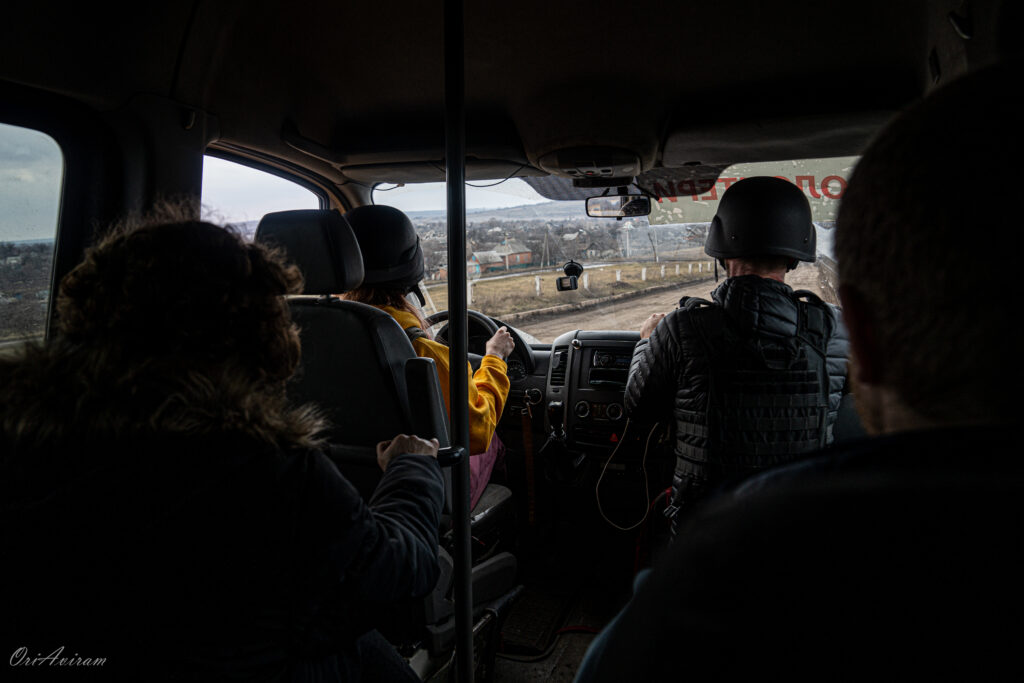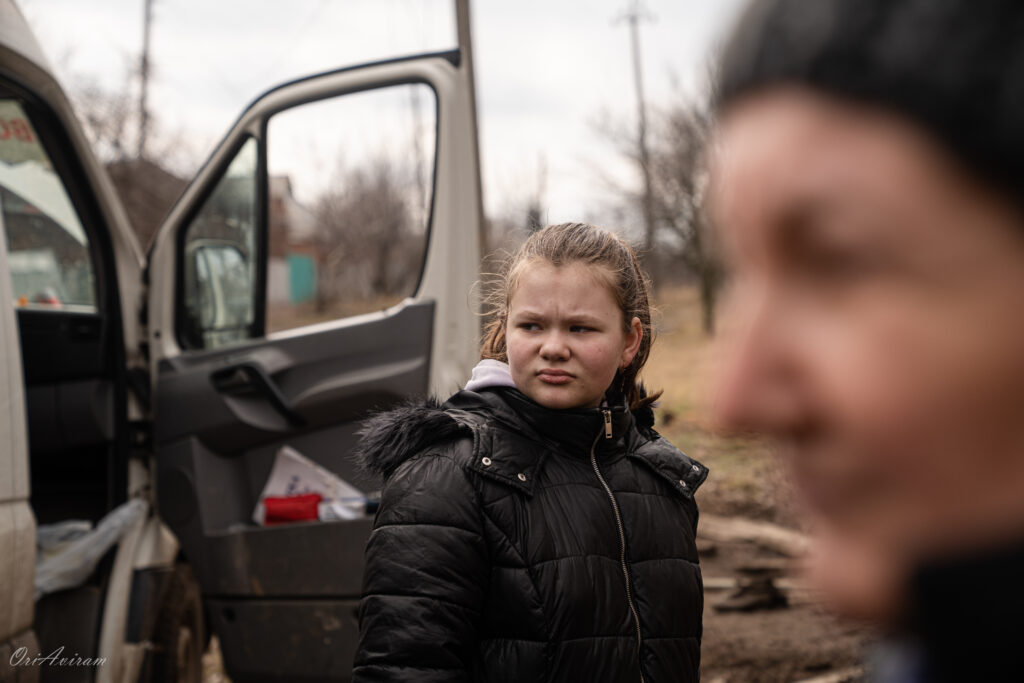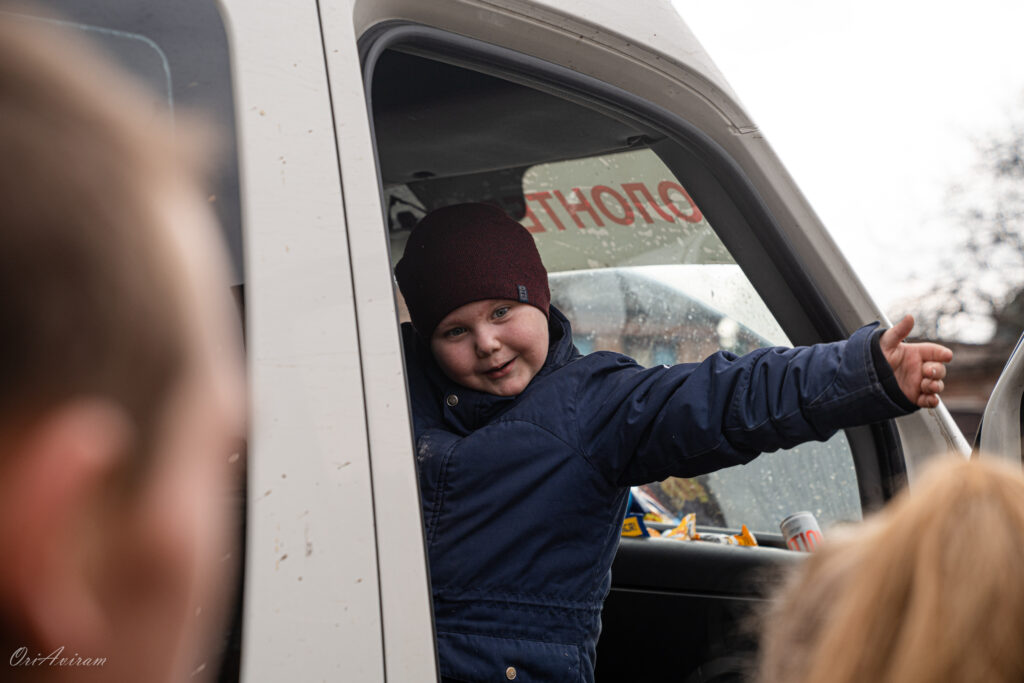An opinion piece by our co-founder Anton Yaremchuk
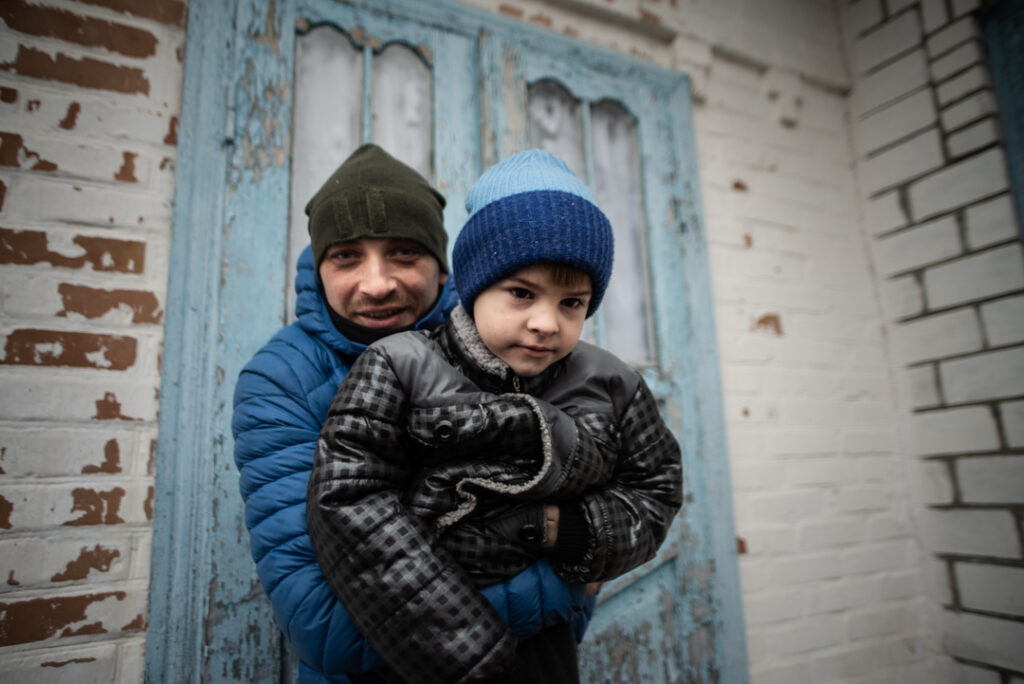
Long term reintegration of the internally displaced people (IDPs) of Ukraine remains a challenge difficult to grasp, today and for many years to come. One third of the country is mined or littered with unexploded ordinances. Countless villages and smaller towns have been razed to the ground, so people have nothing to return to even if the war would be over today, and it’s far from over for now. Economical engines and infrastructure have been destroyed and it will take decades to rebuild them. Some areas will remain a no man’s land for the foreseeable future. There is no end in sight for one of the bloodiest and brutal war of destruction since World War II.
Around 12,000,000 individuals fled from their homes, their communities, their lives and dreams – half of them are internally displaced. Only a part of them had the opportunity to resettle with relatives or had enough financial basis to restart on their own. Most of the IDPs remain in temporary accommodation, often a family of four crowded in one room, with little potential to improve their situation.
There are virtually no programs of legal assistance, mental health support or professional reintegration from the government. They provide a roof over a head, basic food items and 2000 UAH (50 Euros) per person per month. For a person that often has lost everything they worked their whole life for and endured months of life in a basement hiding from the bombs it is both physically and mentally virtually impossible to start a path of reintegration into active society from such a base line.
International organisations and the Ukrainian government have been at times implementing temporary container housing. Based on our experience on the ground, it is an extremely ineffective use of available financial resources. Such tiny units cost from 7000 to 12,000 Euros each, and are located in separate areas increasing the advance of a “ghetto” like dynamic. Most of the families remaining behind along the frontline areas are reluctant to leave everything behind and move to such units – so they continue to endure mortal danger on a daily basis.
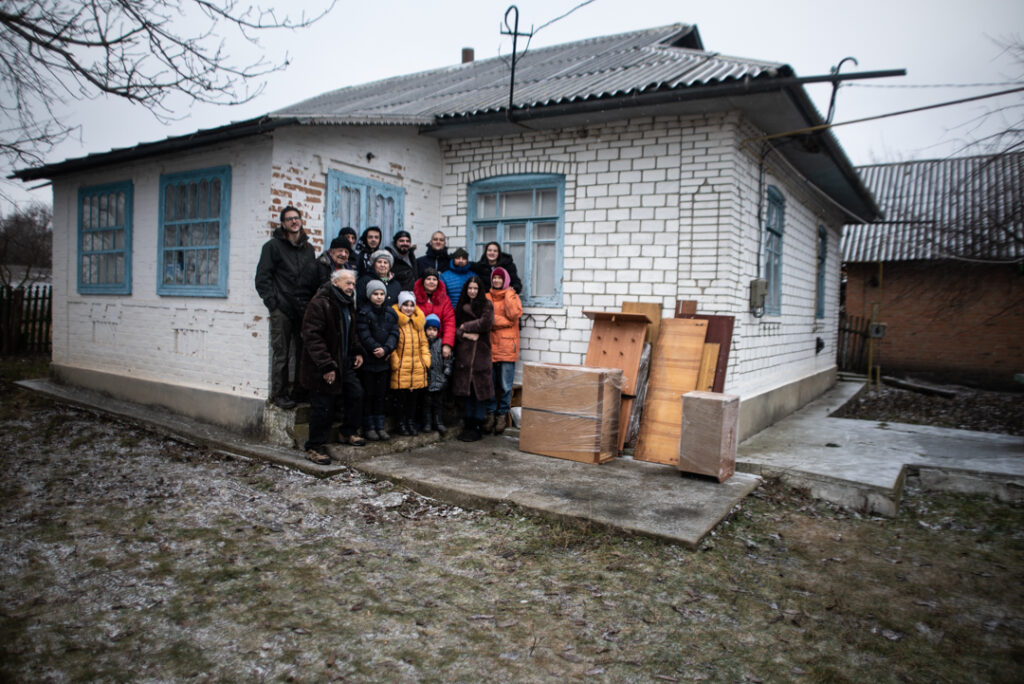
Сім’я Задерновських, яка першою була переселена в рамках нашого проекту REBASE, була однією з них. We have met them during a mobile medical clinic we routinely organised in Siversk in autumn 2022 while our pediatrician came to check on their children. Вони були налякані і розчаровані, але ще більше боялися невідомого майбутнього, якщо їм доведеться залишити все і опинитися в притулку за сотні кілометрів від дому.
>> Read more about REBASE here
Ми зібрали гроші і купили для них будинок із земельною ділянкою в безпечному центральному регіоні. За допомогою додаткової вантажівки нам вдалося евакуювати всі їхні речі, тож їм не довелося купувати меблі, і вони мали всі свої важко зароблені інструменти, щоб обробляти землю і будувати інфраструктуру, якої не вистачало. Ми налагодили добрі стосунки з місцевими жителями в селі, де вони поселилися, які радо прийняли сім’ю і продовжують підтримувати їх донині.
Так народився REBASE.
Project REBASE has highest multiplication ratio
Base UA, as a small, grass roots initiative is focused on the most effective use of the very limited resources we have. Among several directions of our work, from evacuations from the frontline areas to rehabilitation art camps for children – REBASE has by far the highest multiplication ratio. With 10 000 Euros, a family of five to eight people receives everything they need to restart their life in safety and dignity, so they can become an active part of the society again. We identify and purchase the house, relocate the family with everything they need, and support them legally and materially during the first phase.
Our goal is to raise 1,000,000 euros, to buy 100 houses this year. The number of families in need is much greater, but such a number would be already a huge achievement and would contribute to the long-term problem of reintegration of IDPs. It’s a win-win situation for all, as not only those fleeing find a new home, but the villages that have been losing population during the last decades receive an influx of new people. We have relocated four families to four purchased houses so far, so it’s a long road ahead.
Please consider supporting us!
